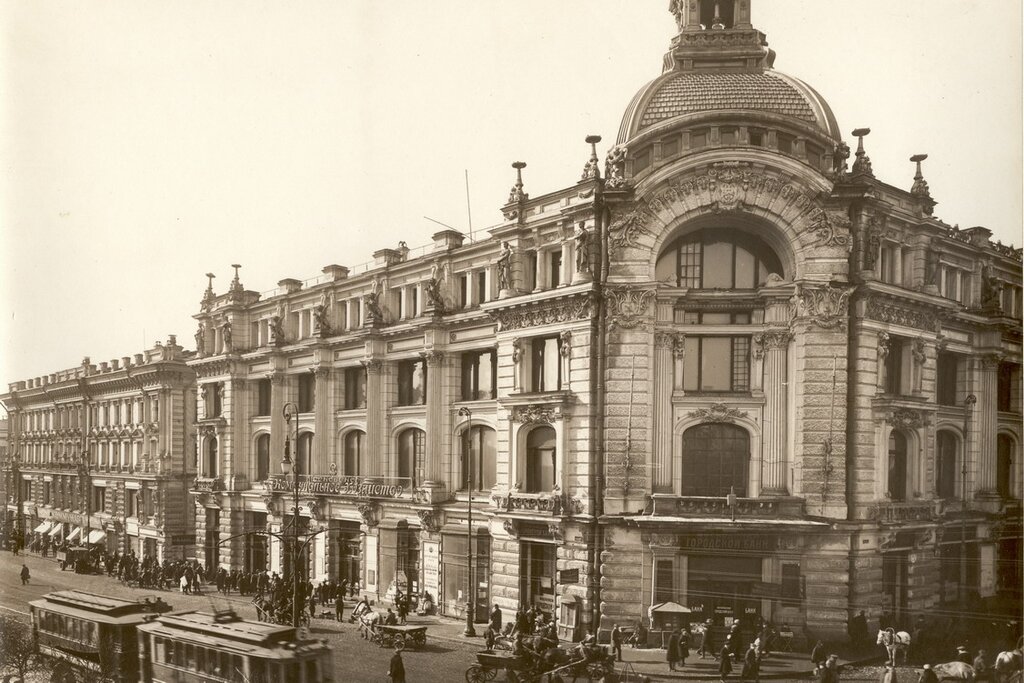Address: Teatralny proezd, 3
“At Moscow we found a carriage and porter waiting for “Dusaux Hotel,” to which we were bound”
“At Moscow we found a carriage and porter waiting for “Dusaux Hotel,” to which we were bound”
According
to “Handbook for travellers in Russia, Poland, and Finland” edited in 1865,
“Hotel Dusaux”, near the Kremlin, was suitable for “the independent traveller,
who prefers a French cuisine and an apartment of greater luxe, or one who has
the prejudice of his class against herding with his countrymen
abroad”.[1] Monsieur
Dusaux is described “as a pattern landlord—courteous, unassuming, obliging,
attentive to his guests”.[2]
Having
been for some years chef in the establishment of an ambassador of his own
country, he looked after the cuisine of his own hotel with a never-failing
solicitude and left the general management of the house to an active and
intelligent German intendant who spoke English fluently and knew everything in Moscow.
The hotel of Monsieur Dusaux was a long and low
house. Immediately inside the entrance door was a broad flight of stairs to the
first floor. There was a platform with a door opening into a suite of handsome public rooms on the left, and a
spacious corridor leading to the private apartments on the right. The German superintendent
used to appear at once, and without a question led the guests along the corridor into well-furnished rooms.
G.T. Lowth, the author of “Around the Kremlin”
recalled: “[There] I felt at home in a moment. If I had had a choice of all
Paris or London I could not have taken up my abode in one more to my liking”.[3]
Moreover, “Dusaux's cuisine was, in consequence of his careful supervision and
skillful hand, worthy of Paris in all respects.”[4]
Neither
Dodgson nor Liddon described the hotel. They must have been pleased with it.
Otherwise they would have complaint of service or facilities, as they did after
staying in a hotel in Nizhny Novgorod. Then Lewis Carroll wrote: “The feeding
was very good, and everything else very bad”. Liddon confirmed Dodgson’s view
of the place: “…there were capital dinners and bedrooms and waterclosets,
filthy beyond description.”[5]
Unfortunately the 19th-century buiding of the hotel that can be seen above was completely rebuilt in the Soviet times. But the site still remembers Lewis Carroll.]
The process of renovation in the 1930s
[1] Handbook for travellers in Russia,
Poland, and Finland. London, 1865, p. 142
[2] Lowth, G. T. Around the Kremlin;
or, Pictures of life in Moscow. London, 1868, p. 87
[3] Lowth, G. T., p. 88
[4] Lowth, G. T., p. 87
[5]
Carroll, L.Lewis Carroll's Diaries. Luton 1999. Vol. 5, p. 300-301, p. 308-309





Комментариев нет:
Отправить комментарий